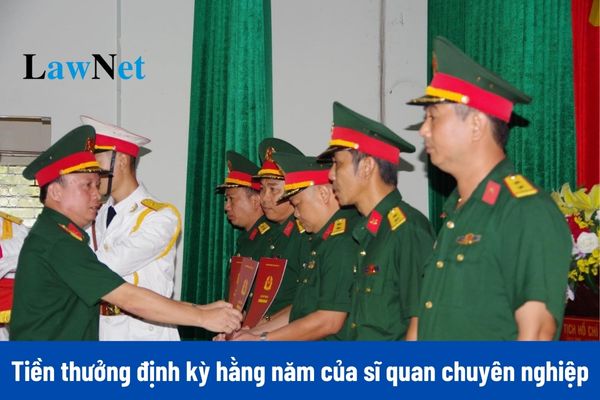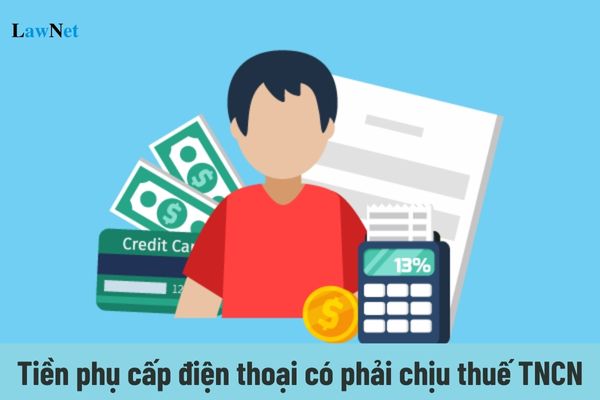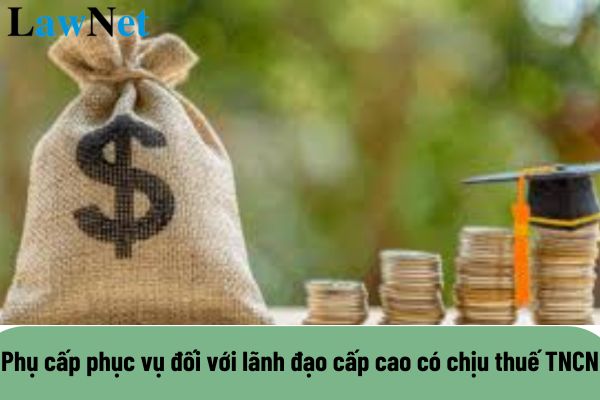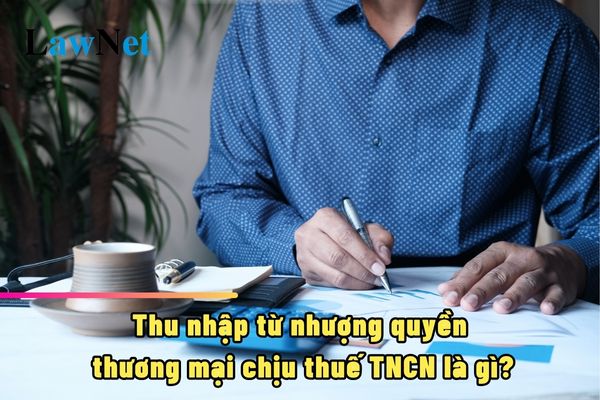Are inherited securities subject to personal income tax in Vietnam?
Are inherited securities subject to personal income tax in Vietnam?
According to Clause 9, Article 2 of Circular 111/2013/TT-BTC regulating types of inherited assets subject to personal income tax as follows:
Taxable Income
According to Article 3 of the Law on Personal Income Tax and Article 3 of Decree No. 65/2013/ND-CP, taxable personal income includes:
...
9. Income from inheritance
Income from inheritance is income an individual receives according to a will or the provisions of the law on inheritance. Specifically:
a) For inheritance in the form of securities, it includes shares, rights to purchase shares, bonds, treasury bills, fund certificates, and other types of securities as regulated by the Securities Law; individual shares in a joint-stock company as regulated by the Enterprise Law.
b) For inheritance in the form of capital in economic organizations, business establishments include: contributed capital in limited liability companies, cooperatives, partnerships, business cooperation contracts; capital in private enterprises, individual business establishments; capital in associations, funds authorized to be established following the law, or the entire business establishment if it is a private enterprise or individual business establishment.
c) For inheritance in the form of real estate, this includes: land use rights; land use rights with attached assets; house ownership rights, including houses to be formed in the future; infrastructure and construction works attached to the land, including construction works to be formed in the future; land lease rights; water surface lease rights; other income received from real estate inheritance in any form; except for income from real estate inheritance as guided in point d, clause 1, Article 3 of this Circular.
d) For inheritance in the form of other assets that require registration of ownership or usage rights with state management agencies such as cars; motorcycles, scooters; ships, including barges, canoes, tugboats, pushers; boats, including yachts; airplanes; hunting guns, sports guns.
...
Thus, income received from inherited securities remains subject to personal income tax.

Are inherited securities subject to personal income tax in Vietnam? (Image from the Internet)
How to determine personal income tax liability for Vietnamese residents?
Based on Article 1 of Circular 111/2013/TT-BTC, amended by Article 2 of Circular 119/2014/TT-BTC as follows:
Taxpayers
Taxpayers are Vietnamese residents and non-Vietnamese residents as specified in Article 2 of the Law on Personal Income Tax, Article 2 of Decree No. 65/2013/ND-CP dated June 27, 2013, detailing certain articles of the Law on Personal Income Tax and the Law amending and supplementing certain articles of the Law on Personal Income Tax (hereinafter referred to as Decree No. 65/2013/ND-CP), with taxable income as defined in Article 3 of the Law on Personal Income Tax and Article 3 of Decree No. 65/2013/ND-CP.
The scope for determining a taxpayer's taxable income is as follows:
For Vietnamese residents, taxable income is income generated within and outside the territory of Vietnam, regardless of where the income is paid;
For individuals who are citizens of countries or territories that have signed an Agreement with Vietnam on the avoidance of double taxation and the prevention of tax evasion regarding taxes on income and are Vietnamese residents in Vietnam, personal income tax obligations are calculated from the month of arrival in Vietnam in the case of first-time arrivals until the end of the labor contract and departure from Vietnam (calculated monthly), without needing to complete consular certification procedures to implement the non-tax duplication under the agreement between the two countries.
For non-Vietnamese residents, taxable income is income arising in Vietnam, regardless of the place of payment and receipt of income.
...
Thus, according to the above regulations, a taxpayer is a Vietnamese resident when they meet one of the following conditions:
- Being present in Vietnam for 183 days or more within a calendar year or within 12 consecutive months from the first date of arrival in Vietnam, where both the arrival and departure days are counted as one day.
- Having a regular place of residence in Vietnam under one of the following categories:
+ Having a regular place of residence as regulated by the law on residence;
+ Renting a house in Vietnam as regulated by the law on housing, with contracts of lease having a period of 183 days or more within the tax assessment year.
In cases where an individual has a regular residence in Vietnam as regulated above but is physically present in Vietnam for less than 183 days within the tax year and cannot prove residency in another country, the individual is considered a Vietnamese resident in Vietnam.
Proving residency of another country is based on the Certificate of Residency. In cases where individuals are from countries or territories with tax agreements with Vietnam but do not stipulate the issuance of a Certificate of Residency, individuals can provide a copy of their passport to prove the period of residency.
What incomes shall be declared separately in Vietnam?
At point b, clause 1, Article 7 of the Law on Personal Income Tax 2007, amended by Clause 3, Article 1 of the Law on Personal Income Tax Amendment 2012, it is stipulated as follows:
Tax Period
1. The tax period for Vietnamese residents is stipulated as follows:
a) The annual tax period applies to income from business; income from wages and salaries;
b) The tax period per occurrence applies to income from capital investment; income from transfer of capital, excluding income from securities transfer; income from real estate transfer; income from winning prizes; income from royalties; income from franchising; income from inheritance; income from gifts;
c. A tax period per occurrence or per year for income from securities transfer.
2. The tax period for non-Vietnamese residents is calculated per occurrence for all taxable income.
The tax period on a per-occurrence basis for Vietnamese residents applies to the following types of income:
- Income from capital investment;
- Income from transfer of capital, excluding income from securities transfer; income from real estate transfer; income from winning prizes; income from royalties; income from franchising; income from inheritance; income from gifts.










- Vietnam: How much personal income tax is payable on lottery winning of 2 billion VND?
- What is the registration fee rate for land leased out by the state with a lump-sum payment in Vietnam?
- Circular 84/2024/TT-BTC amending the entries and sub-entries of Circular 324 on the state budget classification system promulgated in Vietnam?
- Vietnam: Shall VAT rate be reduced by 20% from January 1, 2025, to June 30, 2025?
- The state budget collection of land-related revenues in Vietnam strengthened at the end of 2024? Does land use tax fall under budget revenues from land in Vietnam?
- Classification code for the state budget index according to “Program, objective, and national project of Vietnam” modified to 5 characters per Circular 84/2024/TT-BTC?
- Does a merged enterprise have its TIN deactivated in Vietnam?
- What are cases where a taxpayer is subject to the enforcement measure of bank account freeze in Vietnam?
- Is it possible to extend the decision to impose anti-dumping duties in Vietnam?
- Are goods in transit required to pay export and import duties in Vietnam?

